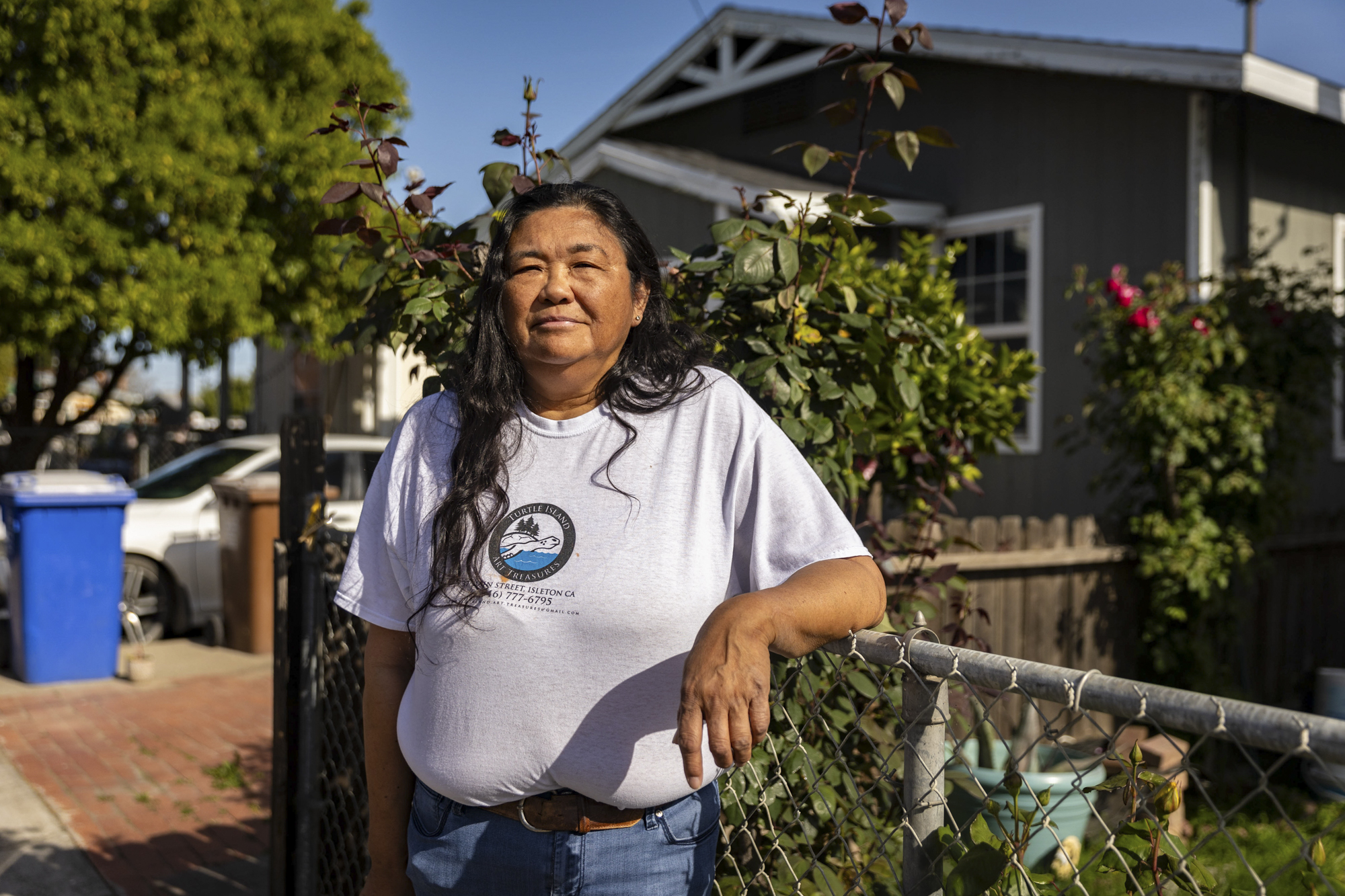A Flood-Prone City’s Innovative Solution
In the small California city of Isleton, Mayor Iva Walton sat down with Vice Mayor David Kent at her bar on a chilly January morning to discuss the city’s future. Their conversation centered on preserving the free-spirited nature of Isleton, known for its unique festivals celebrating crawdad and Spam, while addressing the numerous challenges it faces. The city’s troubles are compounded by its proximity to the Sacramento and San Joaquin rivers, which pose a significant flooding risk.

Isleton’s struggles are evident in its statistics: with a population of around 800 residents, a fifth live in poverty, and the city has a high risk of flooding. Recent rainstorms damaged its wastewater treatment facility, pushing Isleton to the brink of bankruptcy this year. Under Walton’s leadership, the city consulted various experts to find a way out of this financial quagmire. “We’re in lightning mode,” Walton emphasized, highlighting the need for swift action to revitalize the city.
As climate change exacerbates flooding risks, Isleton is testing a novel approach: community-based insurance. With the state’s backing, the city is piloting a program that provides one private insurance policy for all residents at no cost. This initiative, funded until 2027, aims to offer a safety net for Isleton’s residents, many of whom are currently uninsured against floods.
The need for such a program is pressing. Isleton is surrounded by 26 miles of underperforming levees and sits on land ranging from 6 feet below to 6 feet above sea level. The city’s history with flooding is marked by a particularly devastating event on June 21, 1972, when a levee breach forced the entire community to evacuate. Pam Bulahan, a current City Council member who experienced the 1972 flood firsthand as a 9-year-old, vividly remembers the “eeriest” sight of watching floodwater creep across the road, eventually inundating her family’s property.

More recently, in 2023, excessive rainfall caused significant infrastructure issues, including cracked sewer pipes and overtopped wastewater treatment ponds, leading to sewage spills into nearby rivers. These incidents highlight the city’s vulnerability and the importance of the new insurance program.
The program’s development was influenced by Kathy Schaefer, an insurance advisor and former FEMA engineer, who argued that FEMA’s current system is too costly and slow. Her research and lobbying efforts were instrumental in bringing the community-based insurance program to Isleton. “I became convinced that FEMA was fundamentally broken,” Schaefer explained, motivating her to find alternative solutions.

As Isleton looks to the future, its leaders remain committed to securing the community-wide insurance policy. Despite the challenges ahead, including the uncertain renewal of the program beyond its pilot phase in 2027, the city is taking proactive steps to mitigate its flood risk. The success of this initiative could provide a model for other vulnerable communities in California and beyond.


